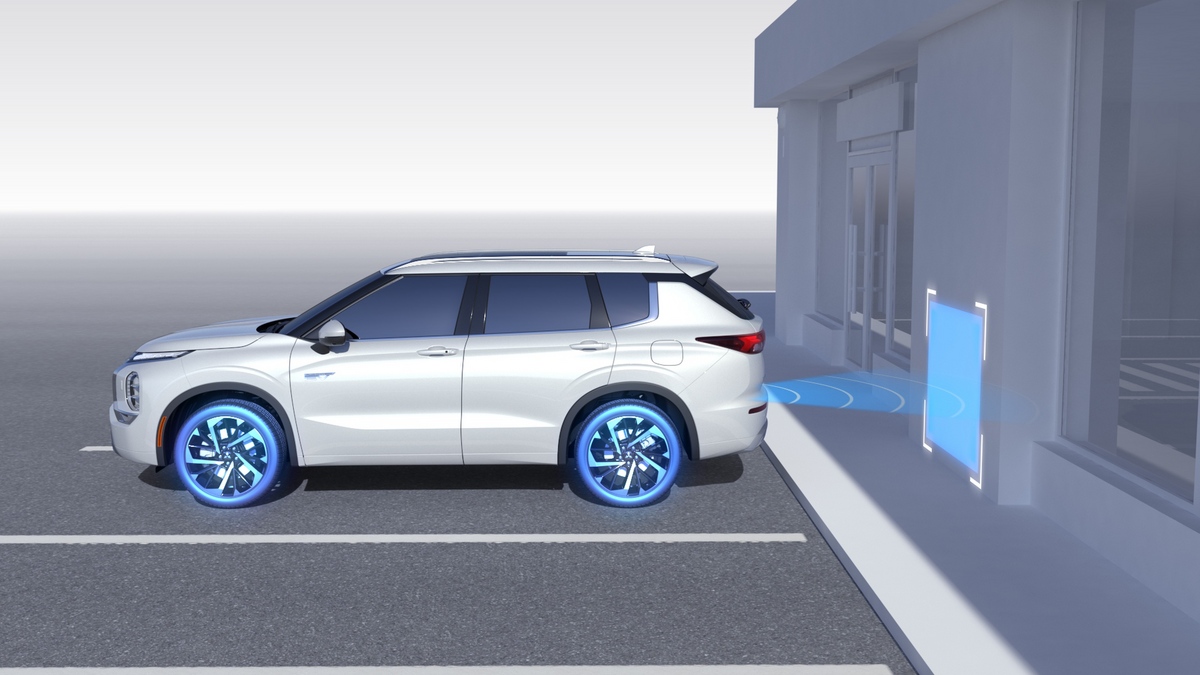Why Consider Trading In Your Car?
Trading in your car can be a great choice when you're looking to switch to a new vehicle. It’s a hassle-free way to lower the price of your new car by applying the value of your old vehicle as a down payment. Not only does it simplify the car buying process, but it also saves time and money compared to selling your car privately. If you want to make the most of your trade-in, it’s important to be well-informed and prepared.
1. Know Your Car’s Value
The first step in the trade-in process is understanding the current market value of your vehicle. Websites like Kelley Blue Book (KBB), Edmunds, or NADA provide reliable estimates of what your car is worth based on factors such as its make, model, age, condition, and mileage. Doing this research allows you to set realistic expectations for your car’s value and ensures you won’t be caught off guard by the dealership’s offer.
Be sure to check both trade-in and private sale values, as the latter tends to be higher. However, the convenience and speed of trading in your car often outweigh the extra cash you might get from a private sale.
2. Clean Your Car Inside and Out
The presentation of your vehicle plays a significant role in its trade-in value. Before taking it to the dealership, clean both the interior and exterior to make a great impression. A clean car can suggest that the vehicle has been well-maintained, potentially increasing its value.
Wash the exterior, vacuum the interior, and remove any personal items. If necessary, take the car for a professional detailing service to get rid of any stains, odors, or imperfections. The cleaner your car looks, the more likely it is that the dealership will offer you a better trade-in value.
3. Gather Important Documents
Having all the necessary paperwork ready is essential for a smooth trade-in process. Be sure to bring the following documents with you:
- Title of Ownership: If you own the car outright, having the title proves you are the legal owner. If you still owe money on the vehicle, bring your payoff statement as well.
- Registration: The car’s current registration ensures the vehicle is legally allowed to be on the road.
- Service Records: If you’ve kept up with regular maintenance, providing service records can demonstrate that you’ve taken good care of the vehicle, potentially increasing its trade-in value.
- Car Keys: Always bring both sets of keys, as it’s standard for dealers to request both.
4. Get Your Vehicle Serviced if Needed
If there are any minor repairs that could boost your car’s value, it might be worth investing in them before trading it in. Simple fixes, such as replacing worn-out tires, changing the oil, or fixing small cosmetic issues, can increase the car’s resale value. However, be mindful not to over-invest in repairs that won’t significantly affect the trade-in value.
If the repairs are costly, it may be best to leave them as-is and negotiate the trade-in price accordingly. Dealerships often factor the cost of necessary repairs into the trade-in offer, so don’t spend too much on them.
5. Be Prepared to Negotiate
Negotiation is a key part of the trade-in process. When the dealership makes an initial offer, don’t accept it right away. Use your research on the vehicle’s market value to start a conversation and ask for a better price if necessary. It’s common for dealerships to offer less than the car’s true worth, but being prepared to negotiate can help you secure a higher trade-in value.
Remember that dealerships want to make a deal, so don’t be afraid to ask for more. Stay firm but polite, and you’ll likely receive a more favorable offer.
6. Consider Multiple Offers
It’s a great idea to get trade-in quotes from multiple dealerships. If you’re in a hurry, a simple online appraisal might give you an estimate, but visiting several dealerships allows you to compare offers in person. Some dealers may offer more for your car, especially if they’re looking to expand their inventory or if your vehicle is in high demand.
Don’t hesitate to leverage competing offers—dealerships are often willing to beat each other’s trade-in quotes in order to earn your business.
7. Plan Your Next Steps
Once you’ve successfully traded in your car, you’re ready to make your next move. Many dealerships offer special promotions, such as bonus trade-in values or financing offers, that can further reduce the cost of your next vehicle purchase.
Be sure to explore your options for a new vehicle or ask about trade-in programs that may offer additional incentives. It’s a great opportunity to drive away in a new car while reducing the upfront cost.
Final Thoughts
Trading in your car can be a simple, convenient way to upgrade to a new vehicle. By following these tips, you can ensure that you get the best possible value for your trade-in, making the process smoother and more rewarding. Be well-prepared, research the market value, and don’t be afraid to negotiate for the best offer.
#CarTradeIn #VehicleUpgrade #SmartCarShopping
